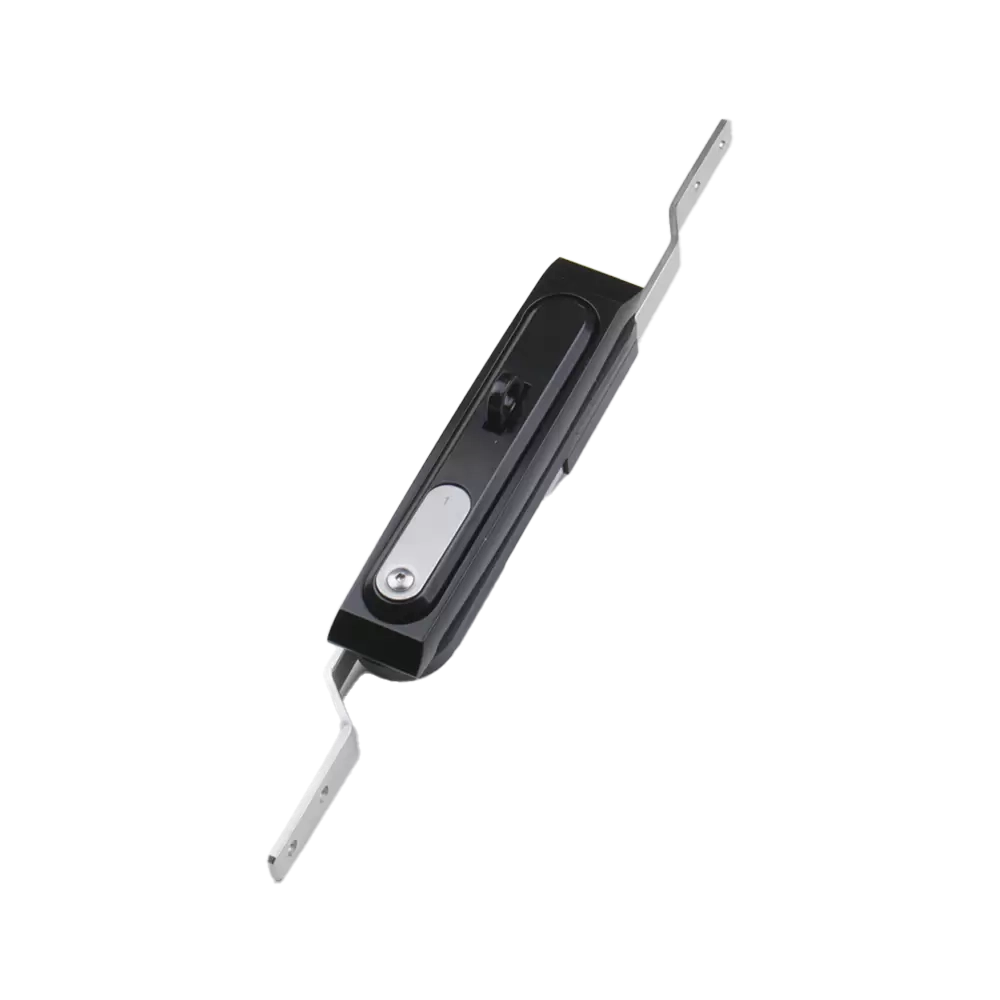Solving Common Audi A3 Mechanical Problems: A Comprehensive Guide

If you own an Audi A3, you know that it's a stylish and sporty compact car that offers a fun driving experience and a range of advanced features. However, like any vehicle, the Audi A3 is not immune to mechanical problems that can affect its performance, safety, and reliability. In this blog post, we will explore some of the most common Audi A3 mechanical problems and provide practical solutions to help you maintain and repair your car.
- Engine Issues
One of the most critical components of any car is its engine, and the Audi A3 is no exception. Some of the common engine problems that Audi A3 owners may encounter include:
- Oil leaks: Due to faulty gaskets, seals, or valve covers, the engine may leak oil, which can lead to low oil pressure, engine overheating, and engine failure. To fix this problem, you need to identify the source of the leak and replace the damaged parts.
- Misfires: If the engine misfires, it means that one or more cylinders are not firing correctly, which can cause rough idling, poor acceleration, and increased emissions. Common causes of misfires include faulty spark plugs, ignition coils, or fuel injectors. To diagnose and fix this problem, you may need to use a diagnostic scanner and replace the faulty parts.
- Timing chain tensioner failure: The timing chain tensioner is responsible for keeping the timing chain tight and in sync with the camshaft. If the tensioner fails, the chain may skip teeth, causing the engine to run poorly or not start at all. To prevent this problem, you should follow the recommended maintenance schedule and replace the tensioner before it fails.
- Transmission Problems
Another critical system in the Audi A3 is the transmission, which is responsible for transferring power from the engine to the wheels. Some of the common transmission problems that Audi A3 owners may face include:
- Transmission fluid leaks: Due to worn seals, gaskets, or pans, the transmission may leak fluid, which can lead to low fluid levels, overheating, and transmission failure. To fix this problem, you need to locate the source of the leak and replace the damaged parts.
- Shifting issues: If the transmission does not shift smoothly or slips between gears, it can cause jerky acceleration, reduced fuel efficiency, and transmission damage. Common causes of shifting issues include low fluid levels, worn clutch plates, or faulty solenoids. To diagnose and fix this problem, you may need to perform a transmission fluid flush and replace the damaged parts.
- Dual-clutch failure: The Audi A3 uses a dual-clutch automatic transmission, which can be prone to premature wear and failure. Symptoms of dual-clutch failure include rough shifting, grinding noises, and warning lights. To prevent this problem, you should avoid aggressive driving and follow the recommended maintenance schedule.
- Suspension and Steering Problems
The suspension and steering systems of the Audi A3 are responsible for providing a smooth and stable ride and precise handling. Some of the common suspension and steering problems that Audi A3 owners may encounter include:
- Strut mount failure: The strut mount is a rubber or metal component that connects the strut to the chassis and absorbs shocks and vibrations. If the strut mount fails, it can cause noise, vibration, and premature wear of the tires and suspension. To fix this problem, you need to replace the damaged mount.
- Power steering fluid leaks: The power steering system uses fluid to assist the driver in steering the car. If the system leaks fluid, it can cause difficulty in steering, noise, and damage to the pump and rack. To fix this problem, you need to locate the source of the leak and replace the damaged parts.
- Tie rod end wear: The tie rod end is a ball joint that connects the steering linkage to the wheels and allows for steering movement. If the tie rod end wears out, it can cause play in the steering, uneven tire wear, and steering instability. To fix this problem, you need to replace the worn tie rod end.
Conclusion
In summary, the Audi A3 is a great car, but it can experience some mechanical problems that require attention and maintenance. By understanding the common issues and their causes, you can take proactive steps to prevent or fix them and keep your Audi A3 running smoothly and safely. Remember to follow the recommended maintenance schedule, use high-quality parts and fluids, and seek professional help if needed. With proper care, your Audi A3 can provide you with years of driving pleasure and satisfaction.


